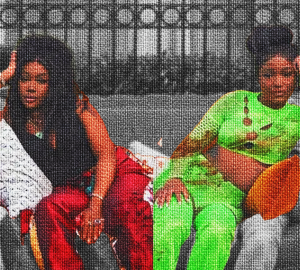The Connector interviews SCAD’s film & television alumnus, McKinley Benson.
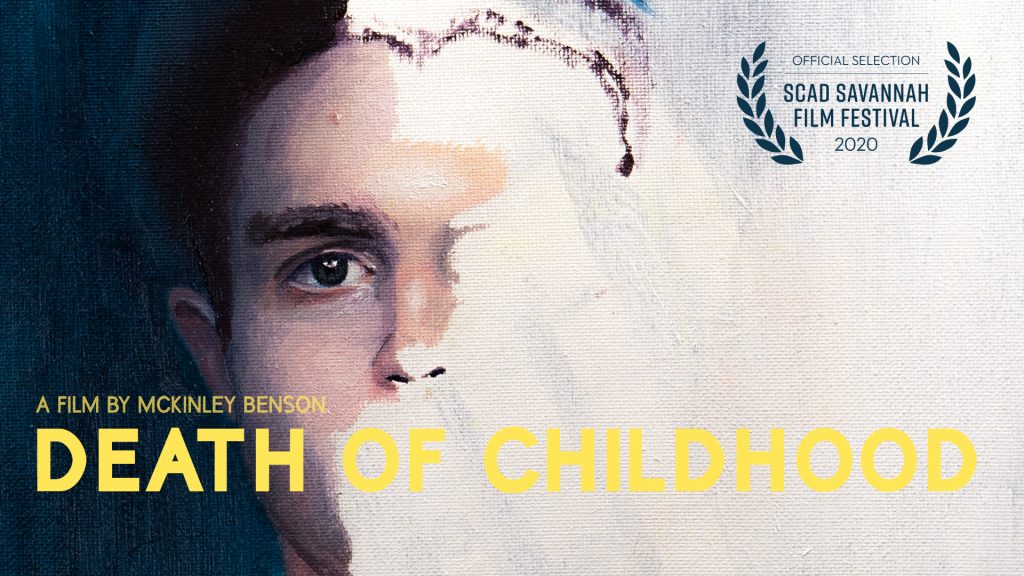
What is your film, “Death of Childhood”, about?
It’s about a 19-year-old artist who struggles with the loss of his beloved sketchbook, which contains memories of his estranged father, as he learns to accept adulthood.
What influenced you or sparked the idea?
Brady Dollyhigh, the subject of this film and childhood friend of mine, approached me in the summer of 2019 with an insane idea. He wanted me to document him drawing a single, unbroken line for 24 hours straight. That video, which was a surprising success and blew up online, evolved into “Death of Childhood” quite naturally. It was a continuation following Brady’s journey from Georgia to Colorado to open his very first solo exhibition. His 24-hour drawing, “Time”, was the 15-foot-long centerpiece.
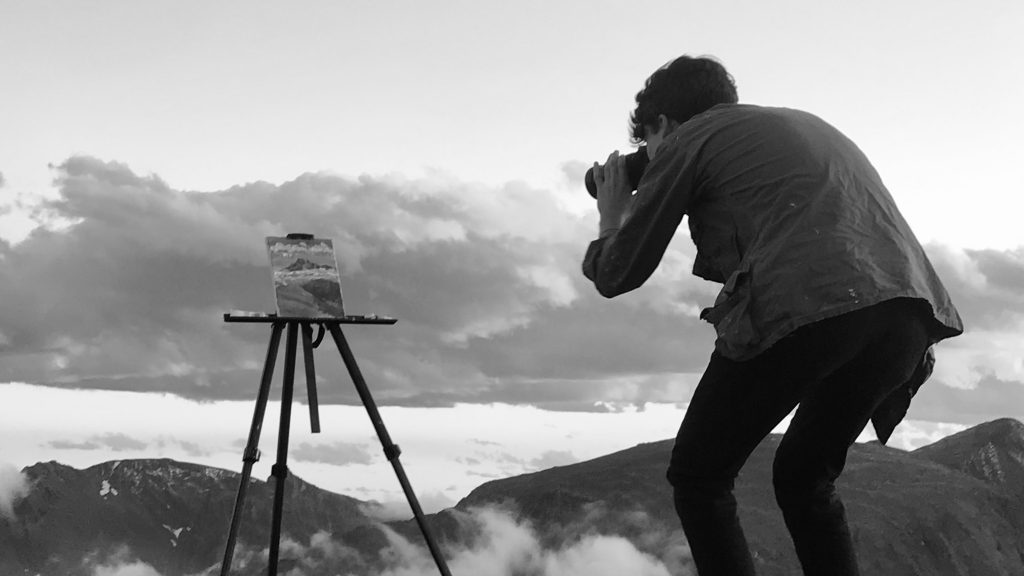
How was the filmmaking process?
The process, for me, was much different from “Death of Childhood” than with any of my other narrative films. I had a written treatment I brought with me to Denver. I basically threw it out the window as soon as I got there. So much was happening and all of it was better than I could have planned for, in a strange way. That’s what I love about documentaries, the spontaneity. As far as the shooting process went, it was difficult. I would set up the camera, frame up the shot, then run to my seat to begin interviewing. Brady had to construct a wooden sunshade for my camera so it wouldn’t overheat. I had to get up every few minutes to make sure the camera was still recording. I was my only crew.
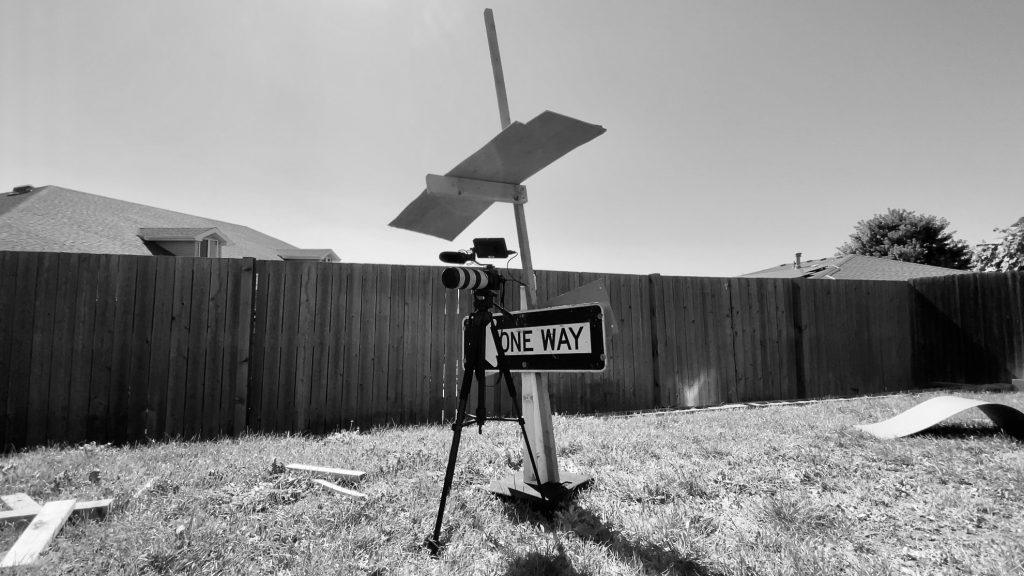
How did you feel when it was accepted into the SCAD Savannah Film Festival?
I feel honored to be included in such a great event. I attended the 2019 festival and saw some amazing films there.
Who would you like to thank or give mention to?
Well, firstly, I’d thank Brady for his participation in the project and his willingness to be vulnerable. It’s not easy to grant a friend access to very personal things, let alone a camera and a potential audience. I’m extremely appreciative of the time we shared during the interviews. It felt therapeutic. I’d also like to thank my documentary professor, Jennifer Hyde, for expanding my knowledge of the medium and helping me with the edit.
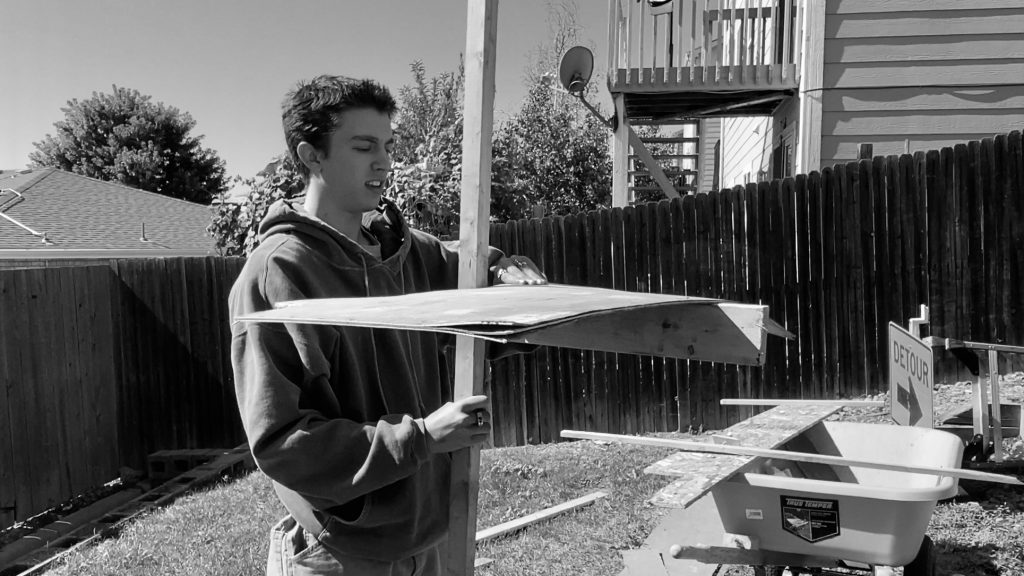
What are your hopes for the film?
My only hope for this film is that it might encourage and inspire. Other artists, young people, whoever. I hope the message is spread; that with every ending, there’s a new beginning.
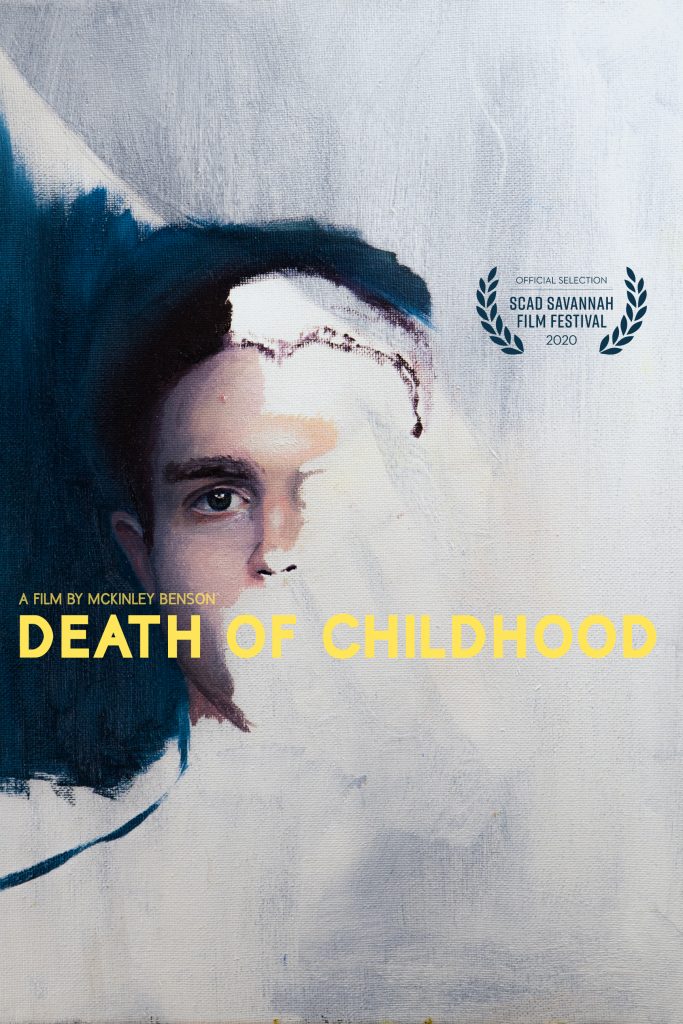
“Death of Childhood” will be virtually premiering on Monday, Oct. 26 at SCAD Savannah Film Festival. Tickets can be found here.




